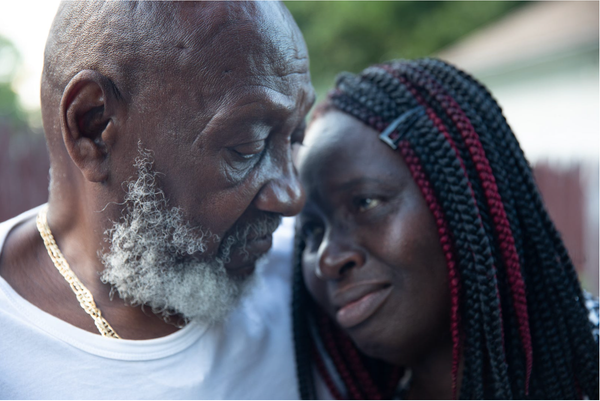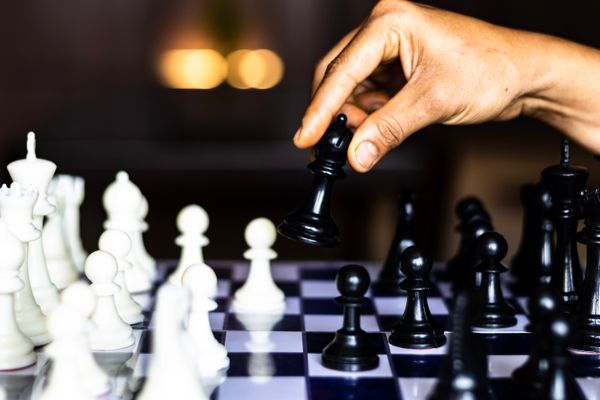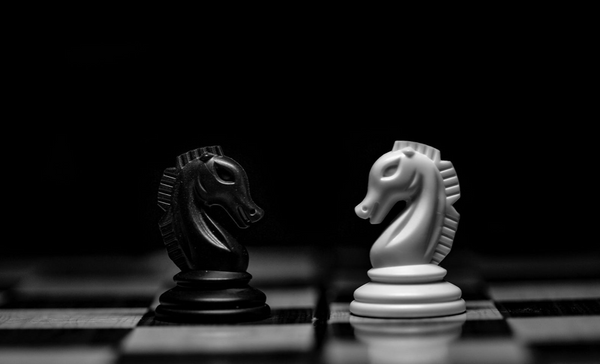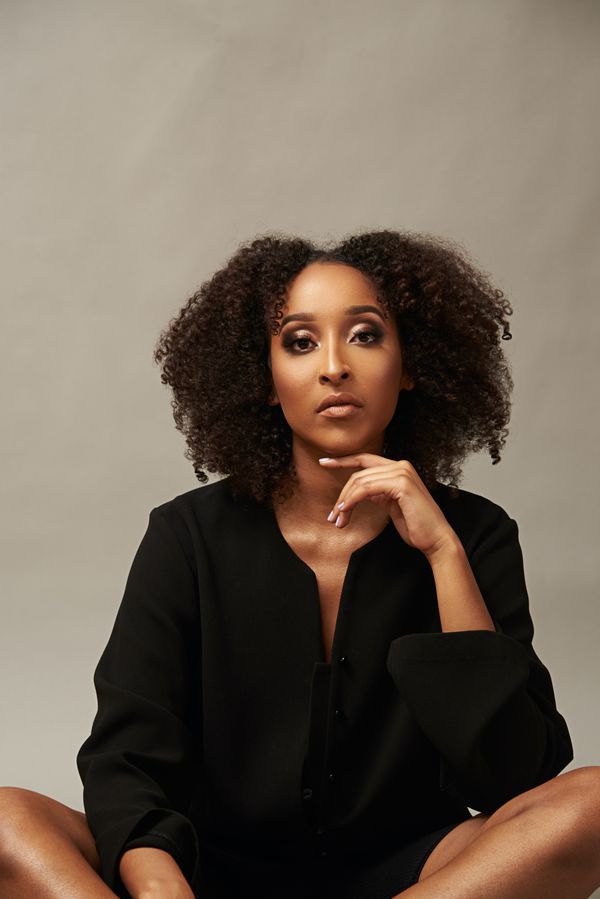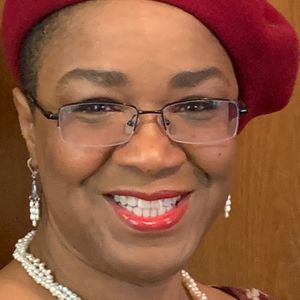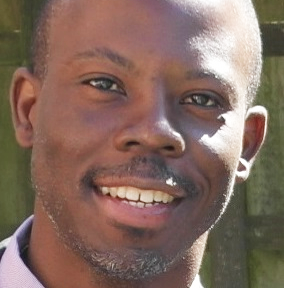
Pointing out instances of racial equity, whether online or in person, is always a dicy proposition that can potentially blow up in participants’ faces, leaving all involved with third-degree burns, or the difference in opinions can lead to meaningful conversation and deeper, more nuanced understanding. The former was the case a couple of days before the jury rendered its not guilty verdict in the Kyle Rittenhouse trial when I posted Michael Greiner’s article “Not Just a Racist Judge, But a Racist Judicial System” and my post-verdict missive, “Not Guilty?! If That Had Been a Black . . .” on Facebook.
Readers’ expressed sentiments fell in line with ours, until there was a lengthy one that didn’t and that left me infuriated for several reasons, primarily because the opinions expressed echoed familiar attempts to have one’s cake and eat it too—at the expense of Black, Indigenous, and People of Color’s right to equal treatment under the law. The comments took me back to numerous instances over the last six years in which people boldly proclaimed resurrected belief systems that are detrimental, if not lethal, to Black people. But like before, the thing that stung like getting hit with a brick in the face was that the comments came from someone I liked, admired, and whom I felt had a firm grasp on the Black experience. In short, I felt betrayed yet again.
I posted a lengthy clapback (which later became “It’s Not Enough That the Judicial System Works”), but not before the commenter removed their original post and left a full-throated apology.
That immediate about-face spoke volumes. Maybe there was a chance to explore another outcome, one that involved meaningful conversation and deeper, more nuanced understanding. We agreed to meet up for coffee a couple of days later.
I’d like to tell you we met and everything went fine, but that’s not exactly how things went.
Full disclosure: the morning we were to meet, I was busy eating some pie. Humble pie. You see, I completely forgot about the get-together until my friend called to remind me of the appointment. My friend graciously accepted my apology and we met a few hours later.
What makes this story especially poignant to me is that we hadn’t sat down to talk about anything for at least twenty-five years. It’s not that we were avoiding one another; our paths simply had not crossed. But sitting face-to-face with someone is a whole lot different than banging out messages to one another from behind a keyboard or cell phone.
I don’t want to make this an especially long letter from the editor, but we caught up on each other’s recent pasts and formative backstories. I received confirmations that my hunches about my friend’s knowledge of the Black experience extending beyond that of your garden variety blond, white guy was correct. He was indeed who I thought he was. And he learned—I’m not speaking for him per se—that presenting both sides of an issue for debate’s sake can be an incendiary move, especially when one side is historically injurious to the listener.
I’ve said it before, in order for two Americans of different ethnicities to talk about racism, they both must—
- speak to each other with respect and care
- remain silent while actively listening
If not, then the conversation will invariably morph into a shouting match with one person feeling marginalized and the other feeling personally attacked. All of us are far more nuanced and beautifully complicated beings than the words we see on digital devices. The best we can aspire to is to respect one another’s inherent humanity and lived experience and maintain an awareness of how our words can impact members of our human family.
Clay Rivers
Our Human Family, Founder and Editor-in-Chief



